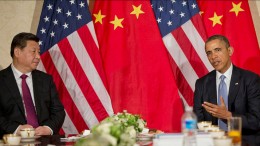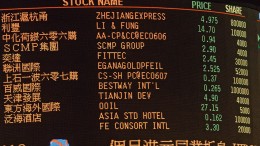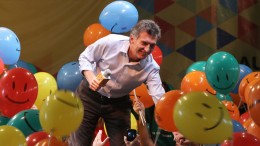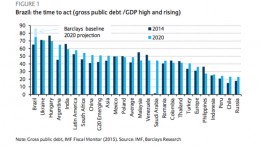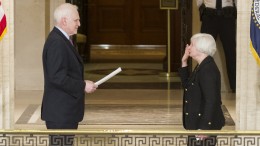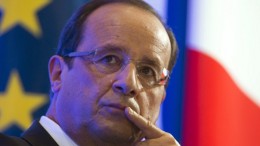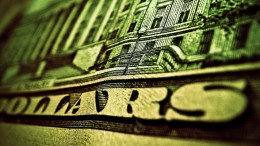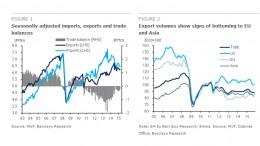Chinese Gov’t ‘Causes an Investment Gap with U.S.’
Harry W.S. Lee via Caixin| There is a widening gap between Chinese investments in the U.S. financial sector and those heading the other direction, mainly caused by the Chinese government’s restrictions on market access against foreign investors, an expert from the U.S. research firm Rhodium Group says.

